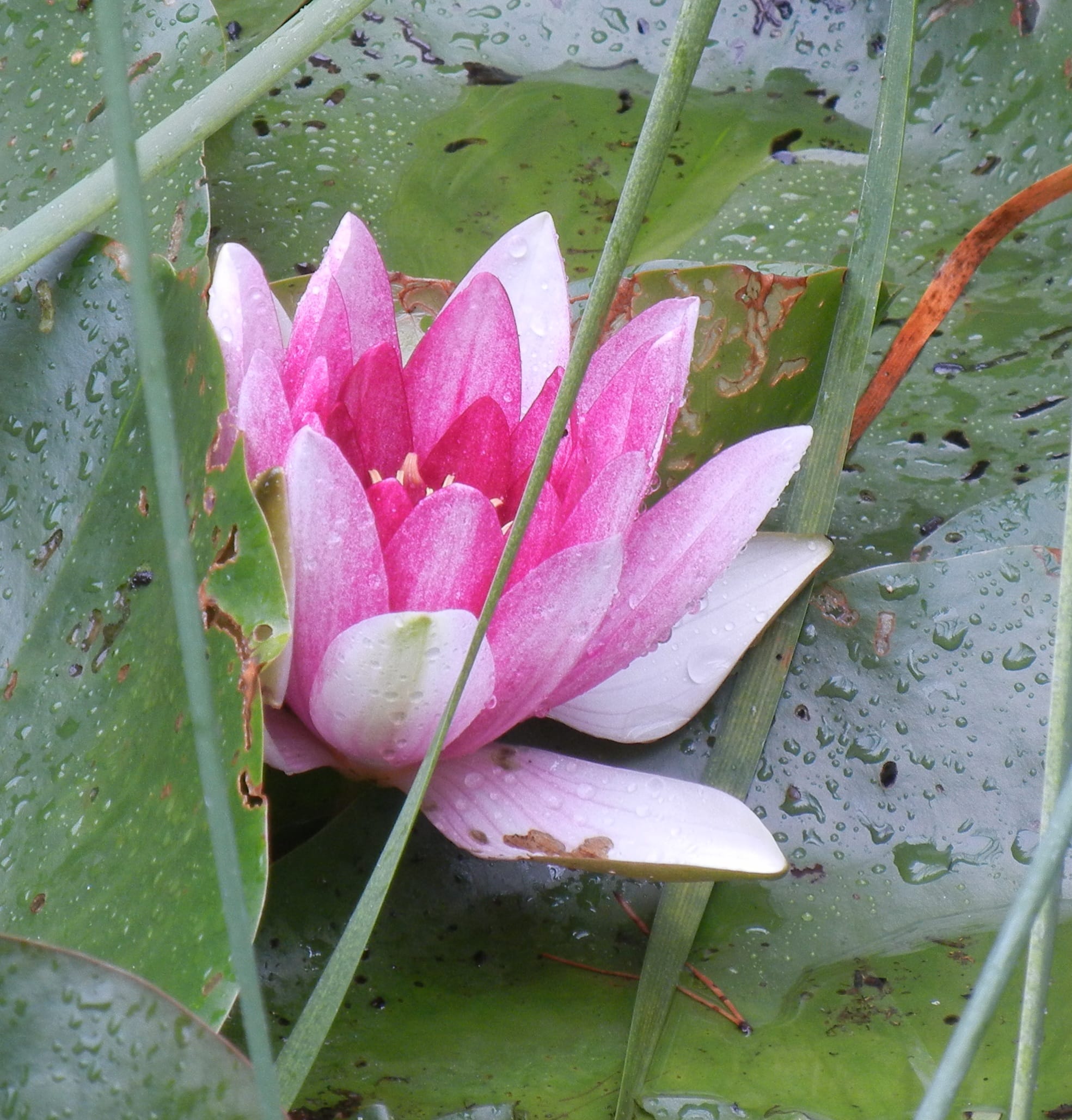Untangling attachments to hack the code

We associate pain with the unwelcome aspect of being and living, something to avoid if possible. After all, being used to civilizing comforts of modern life is not a crime.
However, there is a time and place when I know I have to face it. Physical pain is the easiest to endure, with unequivocal benefits after each Taichi or meditation practice. I no longer think of it as a painful activity, but an opportunity to grow inner power, stamina, flexibility.
Some of my friends wonder – why is she blogging and talking about loaded topics such as pain, hurt, love, growth? One of them said: “Meditation is good, but I have always thought that if we don’t live to the fullest now, then when?” This is a good question and in my understanding the answer is related to quantity vs. quality of life.
Why, then, I ask myself? Any day, I can choose to distract myself with more fun, stronger emotions of love, joy, a wider range of satisfying tastes and experiences, or immerse myself in intellectual pursuits.
Instead, I choose to learn from the instigator of change, progress, and growth – my guide and teacher Johwa Choi, the “spiritual boss”. Sometimes he would tell me things about me that I don’t want to hear. Recently he joked that his job is very peculiar – to cause a pain in the behind to get me moving. Just the right soupcon of pain. I laughed because he knows my character so well. I would not budge if my feet weren’t burning.
He would sometimes let me know when I have forgotten about my true essence and switched to the right/ wrong mode of critical thinking without being aware. I know nothing is as simple as it seems, and in every strength lies a source of weakness. Certain teachings are harder to accept than others because I have created strong neural connections as part of my identity over many years. Letting go of “good” notions about self is the hardest. It hurts in the deepest spaces of heart ventricles. If I am not that “good” person I thought I was, then who am I?
Eventually, after mental fits and cries, the familiar process of self-exploration begins. The deeper I go, the more things I find – the good, the bad, and the ugly. The journey can become quite invigorating and adventurous. When I finally figure out why I react a certain way to certain people or situations, I feel like I hacked into the system and became the guardian of the galaxy called my brain. That virus can no longer enter unnoticed. Yippee! I am so hyped until I remember how much malware is out there… Oh, well, I’ll deal with it later. For now, let them all sleep and recharge peacefully together.

 ay, attack, and hurt themselves and each other, and these data make numerous imprints within the brain operating system. The longer we live, the more “people/ things/ situations to avoid” data we accumulate. The older we are, the less power we have for swimming out of the negative information swamp, and a window of opportunity for encountering a lotus flower arising from the mud is becoming foggier.
ay, attack, and hurt themselves and each other, and these data make numerous imprints within the brain operating system. The longer we live, the more “people/ things/ situations to avoid” data we accumulate. The older we are, the less power we have for swimming out of the negative information swamp, and a window of opportunity for encountering a lotus flower arising from the mud is becoming foggier.
